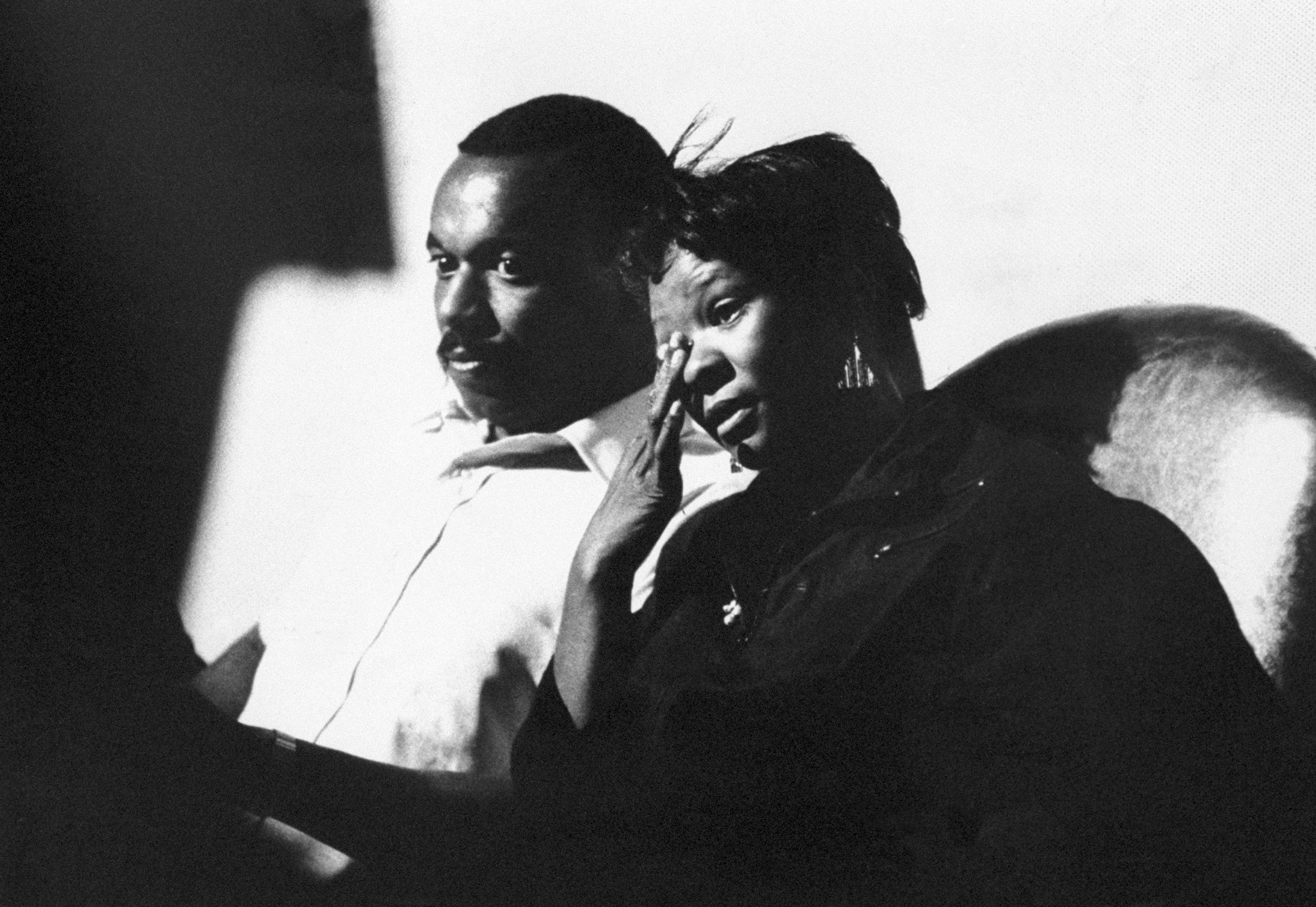
At this year’s American Black Film Festival (ABFF), Muta’Ali’s documentary, Storm Over Brooklyn, won the inaugural ABFF Lightbox Documentary Initiative and was greenlit by HBO.
The film will center on the 1989 murder of 16-year-old Yusuf Hawkins, who was shot to death after being attacked by a mob of white teens in Bensonhurst, Brooklyn. Hawkins’ death shined a light on New York’s tense racial climate and paved the way for David Dinkins to become the city’s first, and so far only, Black mayor.
Muta’Ali, whose last film, Life’s Essentials With Ruby Dee, said he hopes Storm Over Brooklyn will deal with the “regret, sorrow, and questions” since Hawkins’ death.
“I’m delighted that Yusuf Hawkins, the effect his murder had on the public, and the locked away regret, sorrow, questions and history that those involved have held onto for nearly 30 years, will finally see the light of day in the context of our time,” he said. “It’s due to the courage of Yusuf’s loving family, as well as the visionary talent at HBO, Lightbox, and ABFF.”
As Muta’Ali works on bringing Hawkins story to the screen, here are 5 things to know about the slain teen.
1. Who Was Yusuf Hawkins?
Yusef Hawkins was a Brooklyn teen from East New York who was murdered on August 23, 1989, after being confronted by a mob of white teens.
2. Hawkins was “completely innocent” and did not know the people who killed him.
According to the New York Times, “Hawkins and three friends had ventured into the conservative, heavily Italian neighborhood to look at a used Pontiac and were set upon by a crowd of angry white youths, some of whom wrongly believed that Mr. Hawkins was dating a white girl in the neighborhood.”
A 1989 New York Daily News article on the incident said, “‘They were completely innocent,’ Police Commissioner Benjamin Ward said. ‘They were mistaken for another group of youths.’
Ward said police believed that one of the whites was the girl’s former boyfriend, ‘a spurned lover.’ But other sources said the attack had more to do with race than romance.”
Hawkins was shot twice in the chest and died at Maimonides Medical Center soon after the incident.
3. Hawkins’ death exposed New York City’s ugly racism.
Hawkins death shined a light on the strained racial climate in New York at the time. Just three years before Hawkins’ murder, Michael Griffith was killed while attempting to run away from a mob of angry white men in Howard Beach, Queens.
After Hawkins slaying, tense protests broke out across the city and the New York Times said the teen’s murder “galvanized civil rights leaders and helped undermine Mayor Edward I. Koch’s bid for a fourth term. Weeks after the killing, the mayor was defeated in the Democratic primary by David N. Dinkins, who went on to become the city’s first African-American mayor.”
4. Some of the people involved in Hawkins murder were held accountable.
Eight people were charged in conjunction to Hawkins’ killing, but two teens–Joseph Fama and Keith Mondello–faced the harshest charges because police believe they were the primary instigators. Fama was convicted of second-degree murder and was sentenced to 32 years to life in prison. Mondello was acquitted of murder but convicted of rioting, unlawful imprisonment, menacing, discrimination and criminal possession of a weapon. He was sentenced to 5⅓ to 16 years in prison.
After serving eight years in prison, Mondello was released in 1998. In 2014 he told the New York Daily News he would “do anything to give Yusuf Hawkins his life back.”
“That kid was shot for no reason at all. It was completely senseless,” Mondello told the Daily News. “Did I know that then? Yes. I know it even more now.”
“I would do anything to give Yusuf Hawkins his life back,” he added. “This is not something for you to report to make people think that, ‘Oh, I’m some kind of good person.’ I mean it honestly from my heart.
Fama will be eligible for parole in 2022.
5. Yusuf Hawkins is still remembered today
In addition to the upcoming documentary, Storm Over Brooklyn, Yusuf Hawkins has been remembered in several hip-hop songs, and on film. Spike Lee dedicated his 1991 film, Jungle Fever, to Hawkins’ memory and a mural in Bed-Stuy, Brooklyn of his likeness was recently restored.
Nearly 30 years after his death, Hawkins’ family is still feeling the impact of his murder. In 2014, his mother, Diane Hawkins, said losing her son still hurts.













